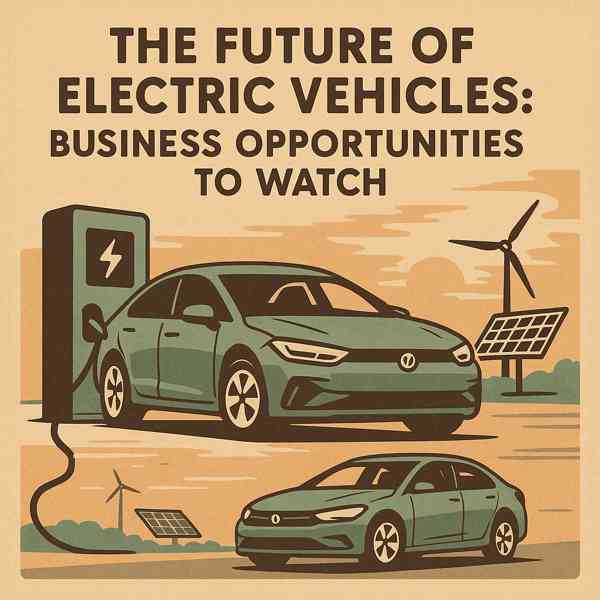Electric Vehicles: The Future of Transportation
Electric Vehicles: The Future of Transportation
Blog Article

As the world shifts toward sustainability, electric vehicles offer a eco-conscious solution to our mobility needs.
From compact cars and SUVs to trucks and motorcycles, EVs are available in more models than ever.
The Basics of Electric Vehicles
Unlike gasoline-powered cars, EVs produce no exhaust pollution.
What powers EVs:
- Drives the wheels using electricity
- Battery pack
- Manages energy flow from battery to motor
- Allows the vehicle to recharge from external sources
Electric vehicles come in various types, such as hybrid electric vehicles (HEVs)—each with different levels of electrification.
Benefits of Electric Vehicles
The rise of electric vehicles is fueled by their numerous benefits.
Why EVs are gaining popularity:
- Reduced maintenance needs
- Helps fight climate change
- Less noise and vibration
- Financial perks for EV buyers
For eco-conscious and cost-aware drivers, electric vehicles are an increasingly responsible choice.
Challenges of Electric Vehicles
Despite the growing popularity of EVs, they still face some challenges that buyers should consider.
EV challenges to consider:
- May require more frequent charging
- Not all areas have adequate public chargers
- More expensive upfront than comparable gas models
- Battery lifespan and replacement
As technology advances and infrastructure improves, many of these challenges are becoming less significant.
Different Kinds of EVs on the Market
EVs vary by power source, range, and usage.
Categories of electric vehicles:
- Battery Electric Vehicles (BEVs)
- Can switch between electric and fuel power
- Combines electric and gas power but cannot plug in
- Fuel Cell Electric Vehicles (FCEVs)
Each type has its pros and cons, so buyers should choose accordingly.
EV Charging and Infrastructure
There are multiple charging levels and methods depending on your vehicle type.
How EVs get recharged:
- Level 1 Charging
- Faster and ideal for daily use
- DC Fast Charging
- Still in development or premium models
As public charging networks expand, EV owners will enjoy even more freedom, flexibility, and here convenience.
Where the EV Market Is Heading
Electric vehicles are here to stay.
Next-generation EV developments:
- Higher energy density and faster charging
- Turning cars into energy assets
- Autonomous electric vehicles
- More choices at lower prices
As innovation continues, EVs will become more dominant in the automotive world.
Conclusion
Electric vehicles represent a major shift in how we think about energy use.
From environmental benefits to cutting-edge tech, electric vehicles offer a powerful alternative to traditional cars.
Report this page